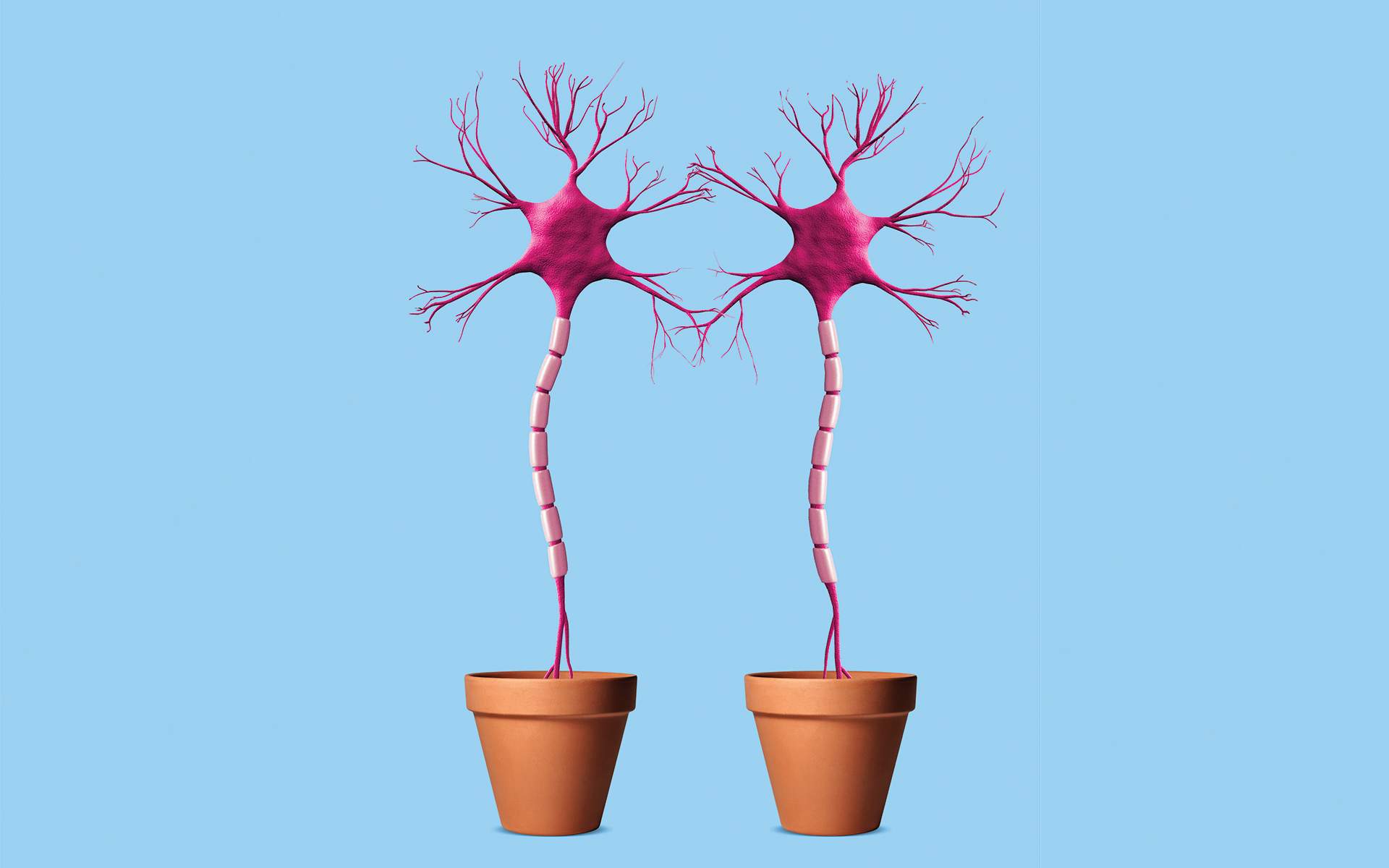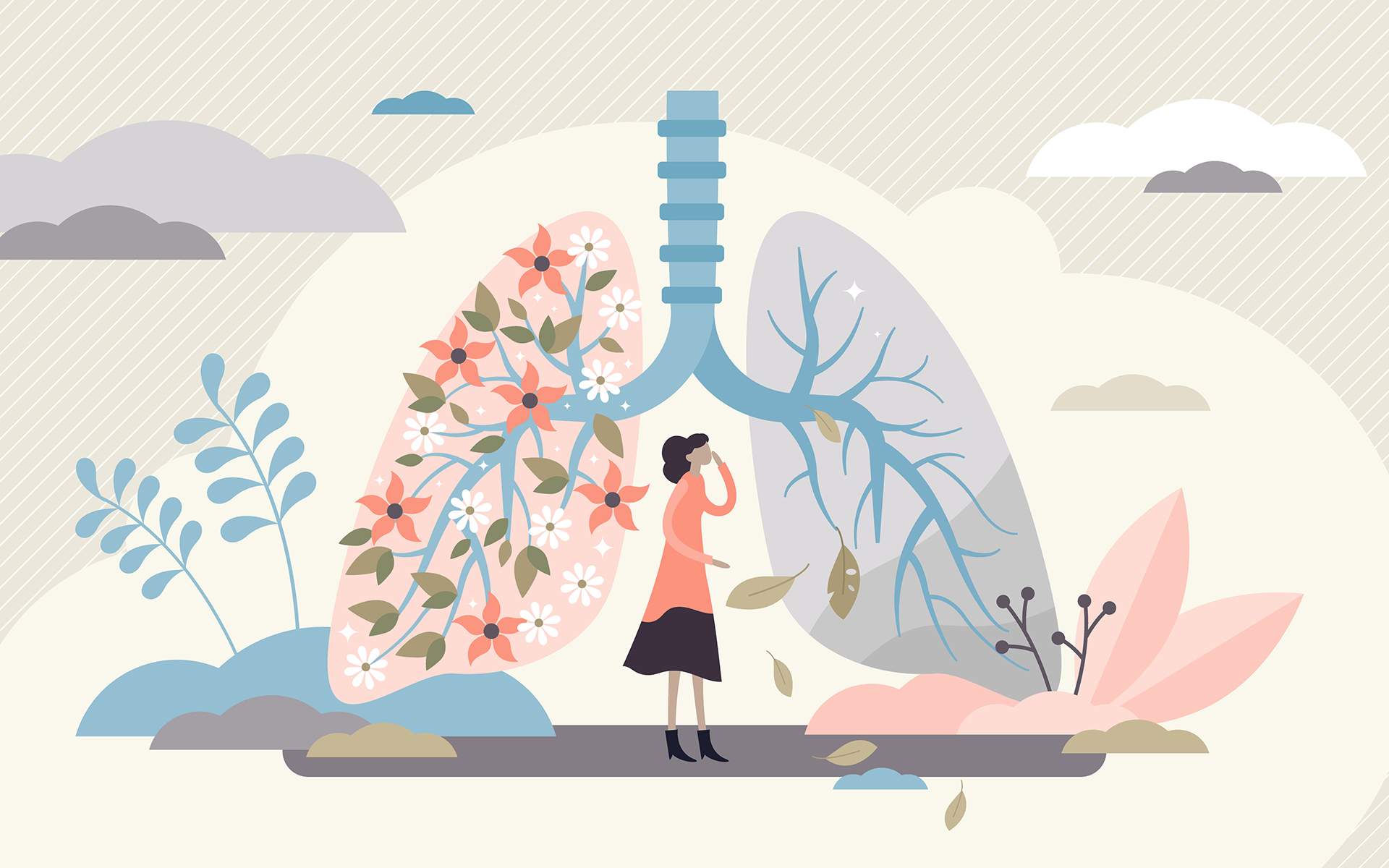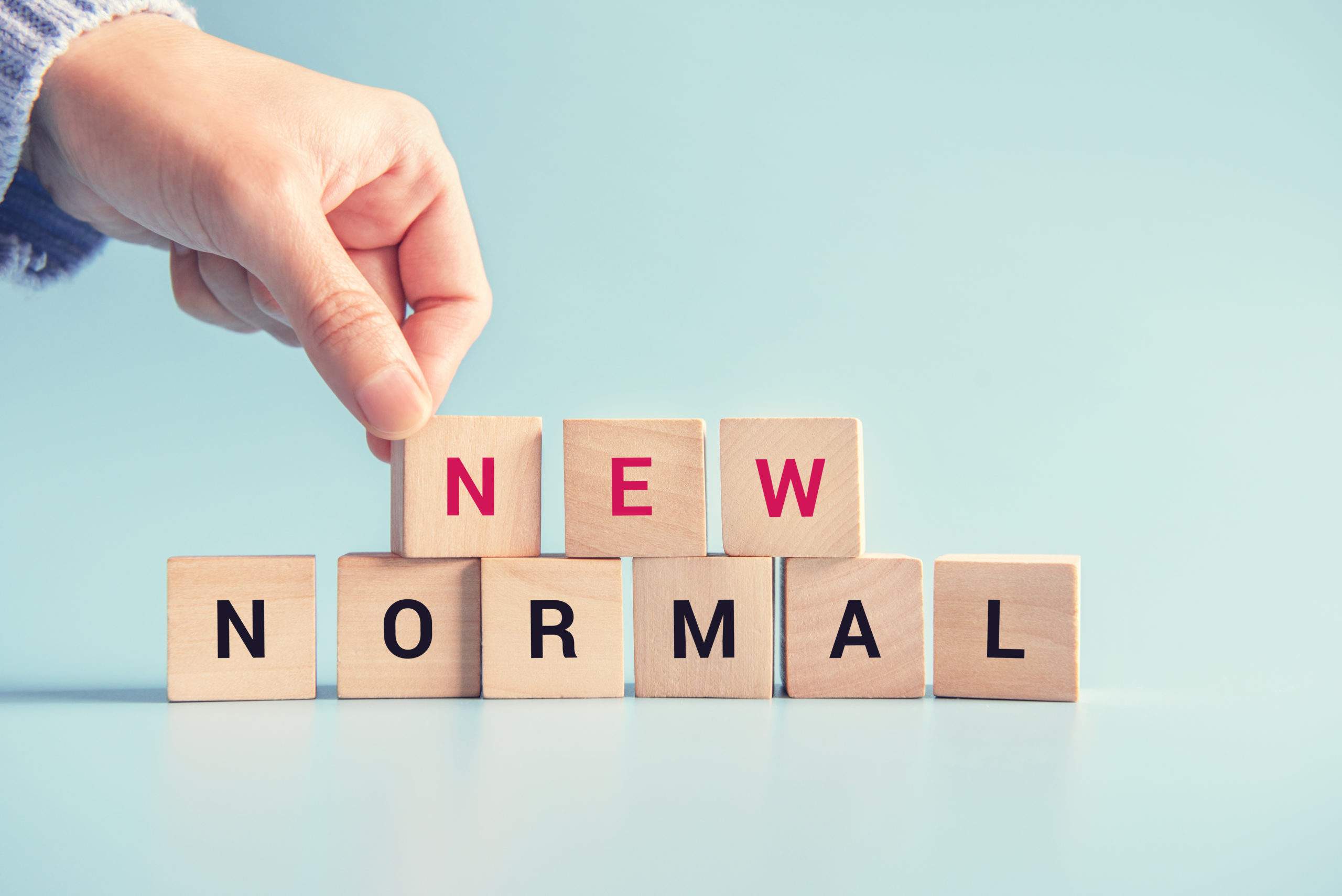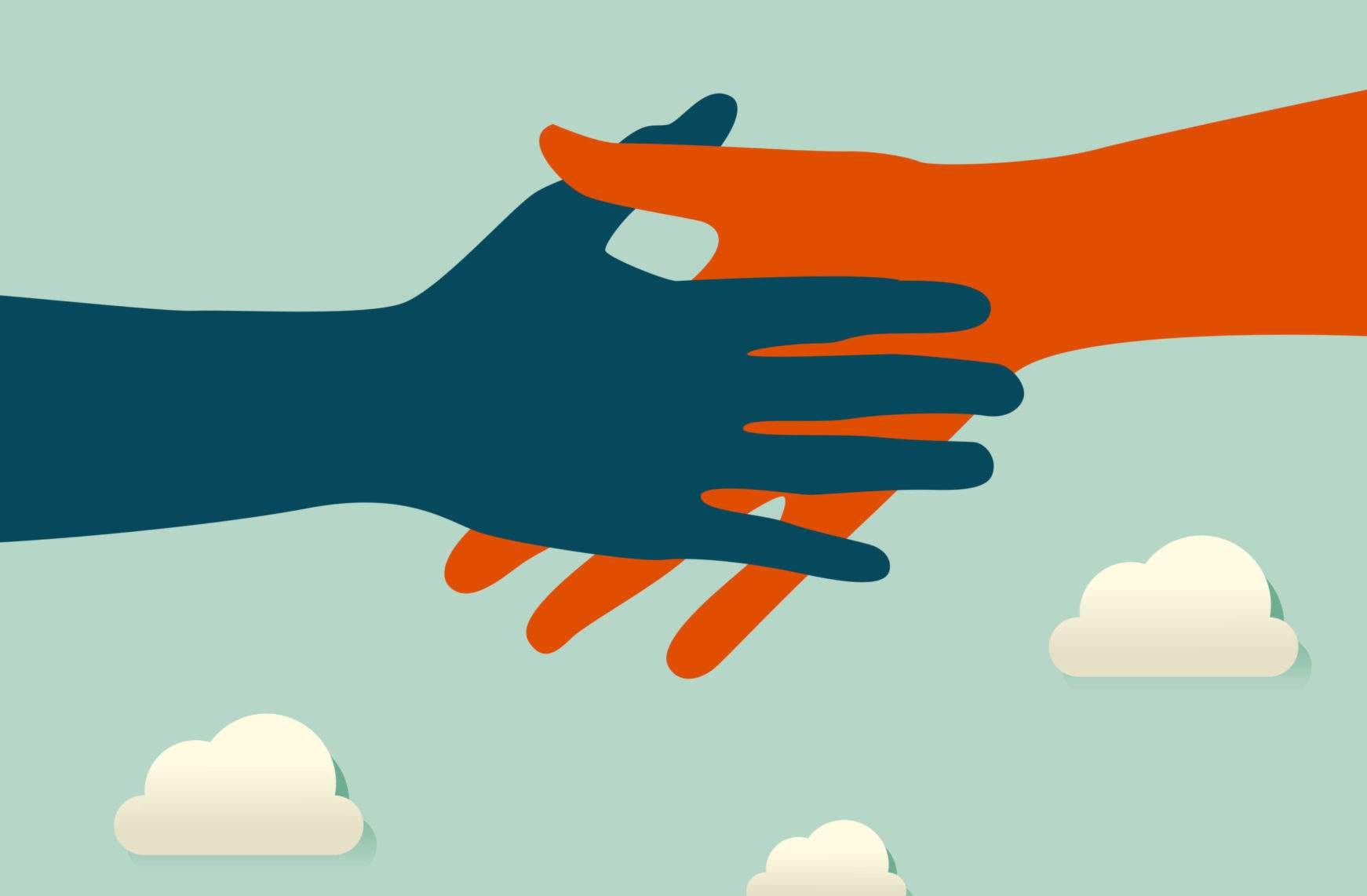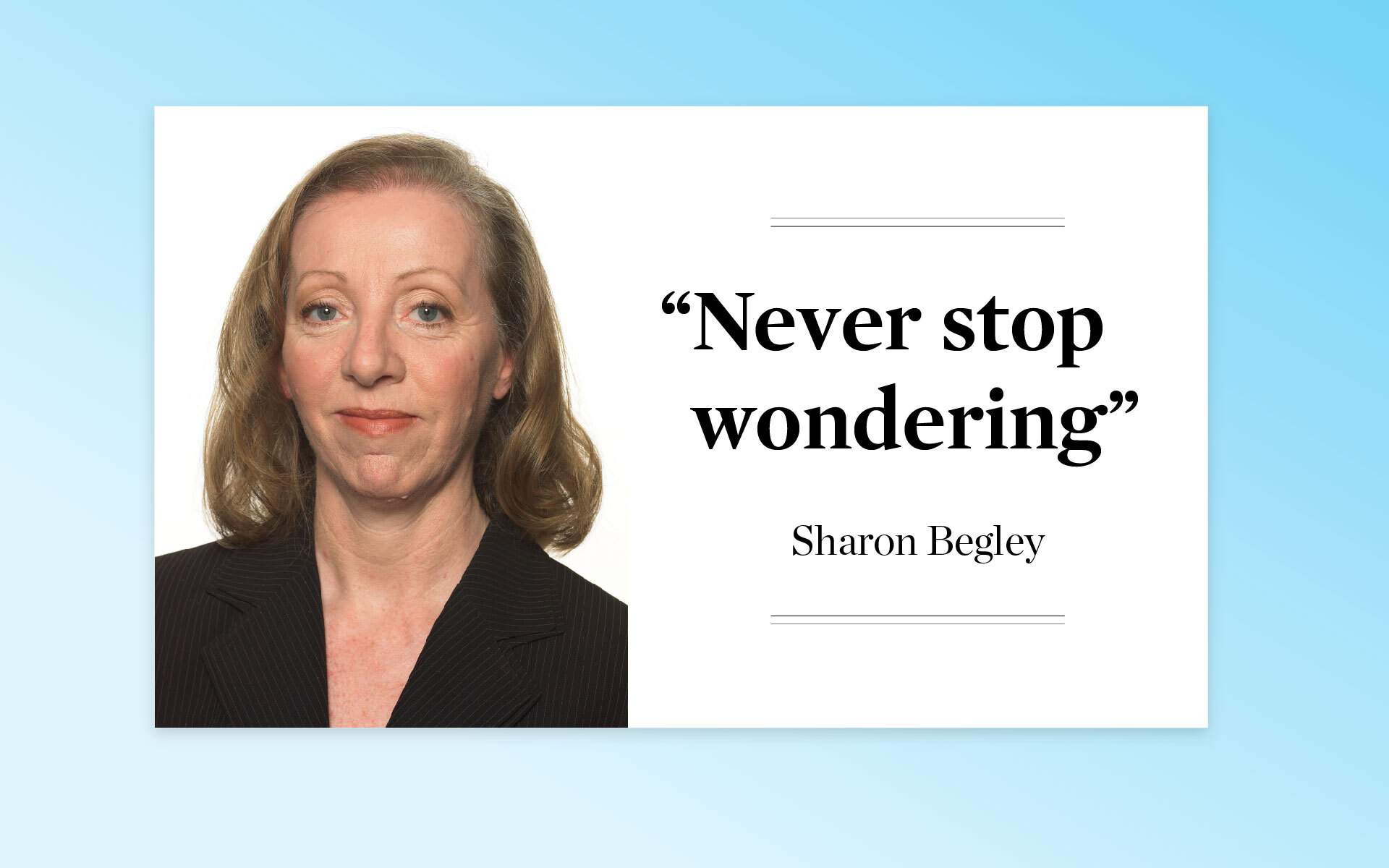Find Your Focus: Own Your Attention in 12 Minutes a Day
Our ability to pay attention is unreliable when we’re under stress. In her new book Peak Mind, neuroscientist Amishi Jha explores cutting-edge research on elite soldiers revealing how mindfulness training protects our attentional resources, even in the most high-stress scenarios imaginable. Read More

